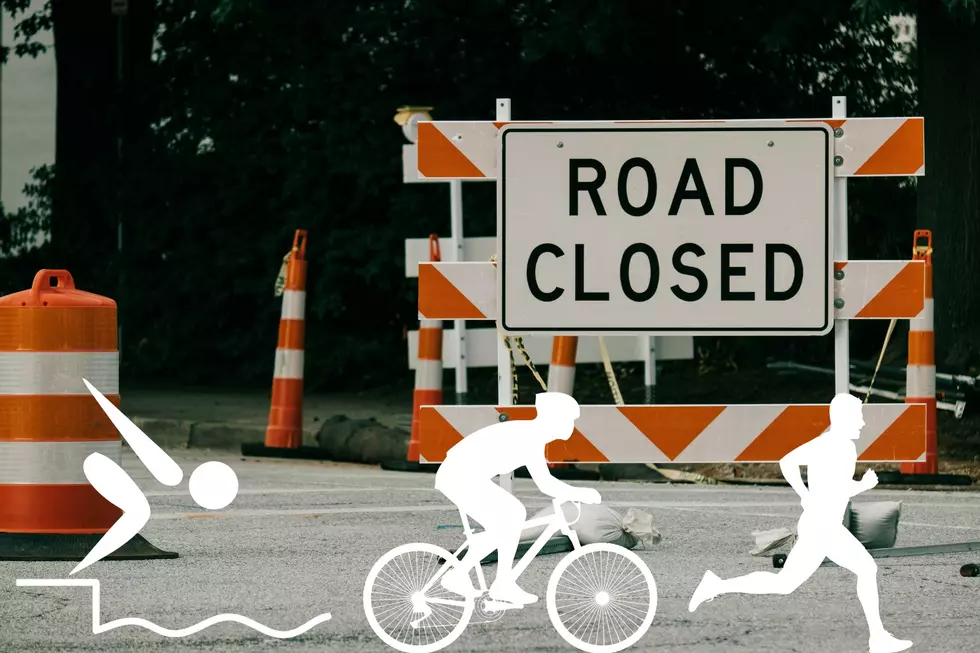
Melting Dixie? Stay Cool This Weekend With These Tips
The thermometer might break this weekend.
The all-time high in the state of Utah was set in St. George in 1985 and then matched again in 2021 at 117 degrees.
We're going to get close to that on Sunday.
With forecasters saying it will be about 115 Sunday, we could all use some tips for staying cool this weekend and on through August and early September in Washington County.
Here are a few tips from the leading health officials in the United States:
People at greatest risk for heat-related illness can take the following protective actions to prevent illness or death:
- Stay in air-conditioned buildings as much as you can. Air-conditioning is the number one way to protect yourself against heat-related illness and death. If your home is not air-conditioned, reduce your risk for heat-related illness by spending time in public facilities that are air-conditioned and using air conditioning in vehicles.
- Do not rely on a fan as your main cooling device during an extreme heat event.
- Drink more water than usual and don’t wait until you’re thirsty to drink.
- Check on a friend or neighbor and have someone do the same for you.
- Limit use of the stove and oven — it will make you and your house hotter.
Even young and healthy people can get sick from the heat if they participate in strenuous physical activities during hot weather:
- Limit your outdoor activity, especially midday when the sun is hottest.
- Pace your activity. Start activities slowly and pick up the pace gradually.
- Drink more water than usual and don’t wait until you’re thirsty to drink more. Muscle cramping may be an early sign of heat-related illness.
- Wear loose, lightweight, light-colored clothing.
If you play a sport that practices during hot weather, protect yourself and look out for your teammates:
- Schedule workouts and practices earlier or later in the day when the temperature is cooler.
- Monitor a teammate’s condition and have someone do the same for you.
- Seek medical care right away if you or a teammate has symptoms of heat-related illness.
- Learn more about how to protect young athletes from heat-related illness by taking this CDC course.
Everyone should take these steps to prevent heat-related illnesses, injuries, and death during hot weather:
- Stay in an air-conditioned indoor location as much as you can.
- Drink plenty of fluids even if you don’t feel thirsty.
- Schedule outdoor activities carefully.
- Wear loose, lightweight, light-colored clothing and sunscreen.
- Pace yourself.
- Take cool showers or baths to cool down.
- Check on a friend or neighbor and have someone do the same for you.
- Never leave children or pets in cars.
- Check the local news for health and safety updates.
Some other tips:
- Start your day early before the heatwave hits.
- Close your shades during the day.
- Walk your pets either early morning or late night..
- Close doors and partitions to parts of your house you don’t use often.
- Air out your hot garages in the morning.
- Run your washer/dryer only at night.
LOOK: The most extreme temperatures in the history of every state
More From KDXU 890 & 92.5









